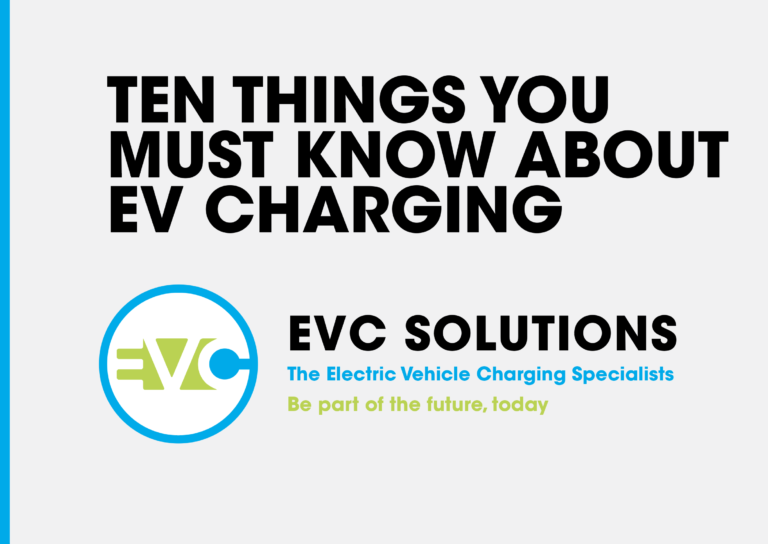Before COP26 started we promised to give some sort of summary of the outcomes and commitments reached at the meetings in Glasgow earlier this month. It’s actually proved a bit of a challenge to get that summary together!
So with at least half an eye and ear on anything to do with electric vehicles during the two weeks of debates, it was immediately clear that a great deal of effort was going to need to go in to the event to reach meaningful consensus on any major issues, and then turn that consensus into commitment and not just ‘blah, blah, blah’ as Greta Thunberg suggested.
There was progress for sure. Was it enough; did it meet the need of limiting the increase in global temperatures to the self-imposed 1.5°C ceiling? You perhaps need to judge that for yourselves, and maybe we need a longer period of time to lapse before passing judgement anyway.
But to help with that judgement, here is the best summary I could find to help you not have to spend a hundred hours researching many reports and opinions.
The IETA (International Emissions Trading Association) summary report is a great starting point.
This document sets out the major directional agreements and the actual commitments, where these were reached, on the key issues.
It also lists 12 key initiatives adopted and I can identify one of those as being specifically relevant for Electric Vehicles. That initiative was entitled:
Accelerate the transition to 100% Zero Emission cars and vans.
As you would suspect, this initiative focused on a target of zero emissions from as early as 2030. It also had an emphasis on transitioning fleets to zero emission, encouraging fleet operators and fleet vehicle customers to make the change to cleaner transport within the next 8-13 years, saying;
‘As cities, states, and regional governments, we will work towards converting our owned or leased car and van fleets to zero emission vehicles by 2035 at the latest, as well as putting in place policies that will enable, accelerate, or otherwise incentivise the transition to zero emission vehicles as soon as possible, to the extent possible given our jurisdictional powers.’
And also;
‘As business fleet owners and operators, or shared mobility platforms, we will work towards 100% of our car and van fleets being zero emission vehicles by 2030, or earlier where markets allow.’
The full declaration has already been published by our UK Government as it’s commitment and you can see in detail how that looks by following this
link.
The UK has already committed to banning ICE (Internal Combustion Engine) vehicles by 2030 and so there is nothing radically different here.
In other words, our current Government is committed to getting to the COP26 targets sooner that is required for the UK and will continue to support initiatives and investments to make that happen.
There are many more things need to happen to enable the world to control Global Warming below 1.5°C of course.
At EVC Solutions we have committed to be Carbon Neutral as a business by 2025 and we are continuing our journey toward that end.
If you are interested in learning what we are doing, please do engage with us, we’d be delighted to discuss that with you and hear of your plans too.
Be part of the future, today.
Nigel Ryan
Business Partnering
EVC Solutions Ltd
At EVC we do business that won’t cost the earth.
Contact EVC Solutions on 03300 904030 or or hit the CHARGE ME UP button below.
Want to know more about EV Charging? Download ‘10 Things You Must Know About EV Charging’ here.

